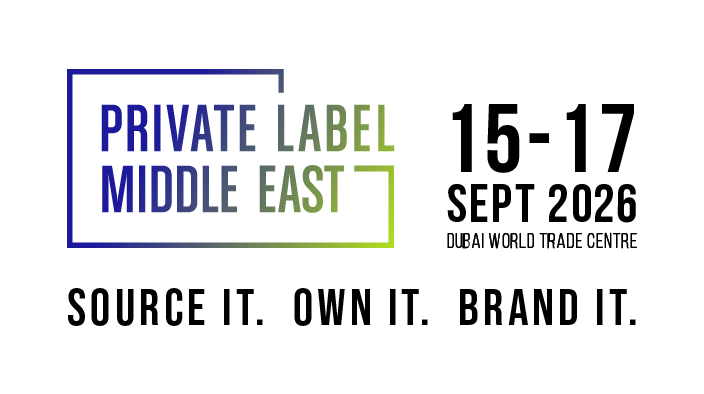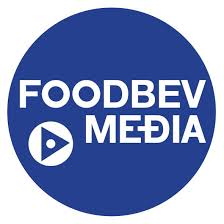Private label brands are gaining significant traction across the food, beauty, health and home care sectors in the MENA region.
However, turning a promising business idea into a thriving brand depends on choosing the right manufacturing partner. Securing a partner who can scale, innovate and deliver reliably sets the foundation of your brand and business growth.
Several retailers in the region are already proving what’s possible. Spinneys, for instance, launched its Discovery by Spinneys range with globally and regionally sourced products, including an exclusive Scottish strawberry variety that broke category sales records and helped boost private label sales by 44.7% this year.
Similarly, Dubai-based Casinetto sources directly from European artisans while serving thousands of products to hotels and supermarkets across MENA, demonstrating how strategic partnerships can deliver value locally, while supporting sustainable growth abroad.
With a clear direction, you can also find private label partners who meet quality standards, are flexible, understand your market's unique demands and offer competitive prices. Ready to supercharge your business growth? Learn how to find the right suppliers and source smarter in the MENA region, from vetting and negotiation to scaling sustainably.







)
)
)
)
)
)
)
)
)
)
)
)

)
)
)
)